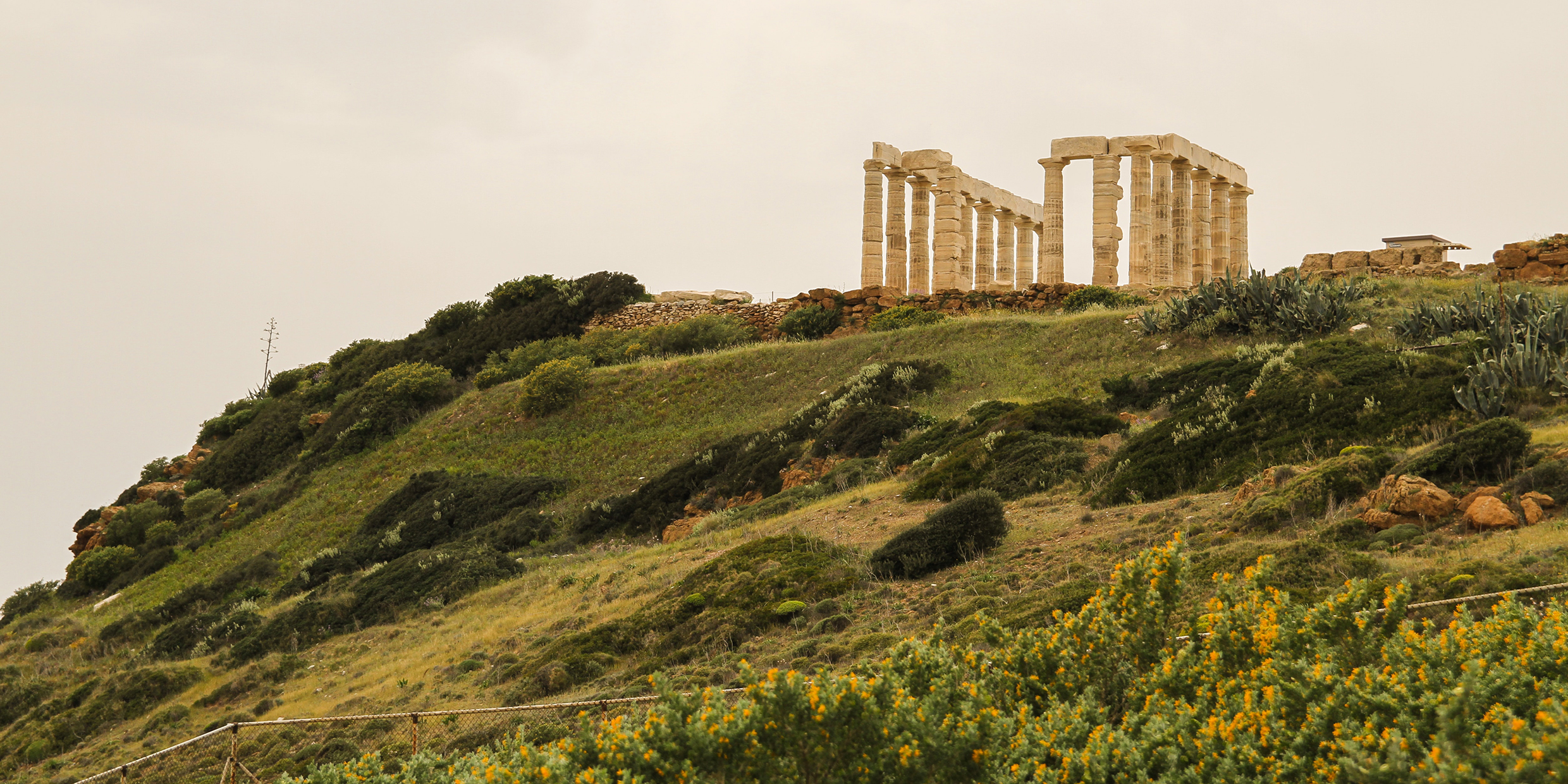Originally published 4 March 2007
Somewhere around the house there is a battered paperback copy of Edith Hamilton’s The Greek Way, a concise summary of the Greek contribution to Western civilization that I read as a sophomore in college. It was an eye-opener at the time. All these years later, with considerably more knowledge of history, the Greek achievement still seems rather like a miracle. The scientific part of that miracle came to fruition in Alexandria in the 3rd-century B.C., in a glorious explosion of genius I have written about at some length in Walking Zero. I worked through Book One of Euclid’s Elements once — which starts with “obvious” axioms and postulates and ends with an elegant proof of the Pythagorean Theorem — and diagrammed its structure. I wish I had that diagram here; I’d love to post it. Anyone with a mathematical bent should at some time in their life peruse Aristarchus’ On the Sizes and Distances of the Sun and Moon. These books are utterly modern in spirit.
Where did it come from, that questioning curiosity, that genius for innovation — in mathematics, science, art, literature, drama, history, government? Generations of scholars have tried to explain it. For my money, the answer can be found in the few fragments we have from the 6th-century B.C. Ephesean philosopher Heraclitus. He saw the world as flux, not stasis, an ever-flowing river that was not fixed in the past but burned, burned into the future. If the world is change, then progress is possible. This was the big break from cultures grounded in tradition.
But more. For Heraclitus, there is a certain randomness in the flow of events, but all is not chaos. Behind the flux of things there is a deeply hidden logos, a guiding principle, what we might call the laws of nature. The logos was not a personal God, but a divinity Heraclitus identified with nature itself.
So here, in one fell swoop, was release from the twin prisons of tradition and fate. The gods lost their guiding hold. Men and women were free to create their own futures. The rest is history.
Well, so to speak. Inflexible tradition and the meddling gods are always with us, pulling us down and backwards, shuttering our lives with fear and superstition. Heraclitus acquired a reputation as something of a cranky misanthrope; he presumably felt it was necessary to drag his compatriots kicking and screaming into the future.
As indeed it was necessary.
In his book The Greeks and the Irrational, the scholar E. R. Dodds was thinking of the Hellenistic culture of Alexandria when he wrote: “Despite its lack of political freedom, the society of the third century B.C. was in many ways the nearest approach to an ‘open’ society that the world had yet seen, and nearer than any that would be seen again until modern times.”
It was a society confident of its powers. Aristotle had asked his fellow citizens to recognize a divine spark within themselves: the intellect. Men and women who exercise reason can live like gods, he said. For Zeno, the human intellect is not merely akin to God, it is God, a portion of the divine substance that is nature. Temples are superfluous, he said; God’s true temple is the human intellect.
Of this supreme confidence in rational thought, the Greek miracle was born.
But the seeds of irrationality were also there, embedded in traditional culture, perhaps even innate in the human soul, as a longing for stasis and certainty. Soon enough, supernaturalism returned. Astrology and magical healing replaced astronomy and medicine. Cults flourished, rationalists were scapegoated, and scientific culture began to decline.
The old dualisms — mind and matter, God and nature, soul and body — which the rationalists had striven to overcome, reasserted themselves with fresh vigor. Dodds calls it “the return of the irrational.”
He writes: “As the intellectuals withdrew further into a world of their own, the popular mind was left increasingly defenseless…and left without guidance, a growing number relapsed with a sigh of relief into the pleasures and comforts of the primitive…better the rigid determinism of the astrological Fate than the terrifying burden of daily responsibility.”
If all of this sounds familiar, it is because these are battles that every generation must fight, again and again. Confidence in the human intellect vs. fear of the gods. Personal responsibility vs. divine injunction. Progress vs. static tradition. We generally align ourselves on one side or the other, even though both tendencies may be deep within us. Civilization plays out as a dialectic of opposites, and, in the image of Heraclitus, will, if we are lucky, harmonize like the opposite tensions of the bow and the lyre.
One thing, though, Heraclitus would insist upon: “This universe, which is the same for all, has not been made by any god or man, but always has been, is, and will ever be a living fire, kindling itself by regular measures and going out by regular measures.” And so we make our stumbling way into the future, five steps forward, four steps back, never stepping in the same river twice.



